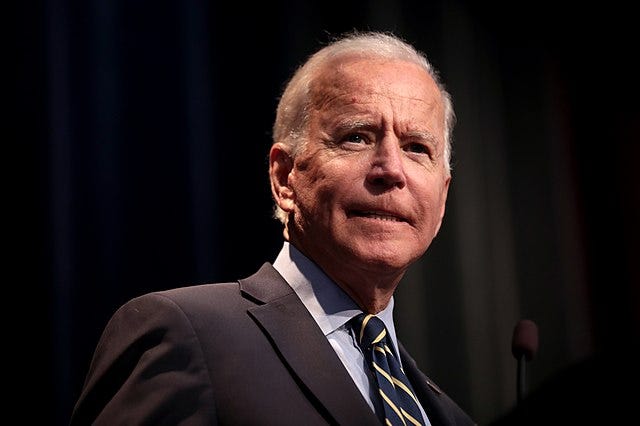Cold War is Performance
So who is Joe Biden's audience?
We used to do this thing in the Cold War — and by “we,” I mean everyone — where we constantly tried to yank the other side’s chain. Instead of a hot war with nuclear weapons, the idea was to stimulate a smaller response from the other side and learn from what they did. Provocations were deliberate and purposeful, but low-level. It was a mutual performan…



